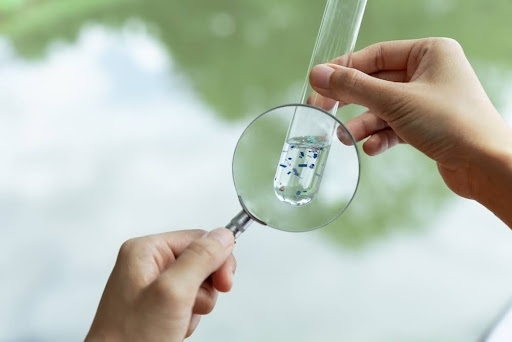Idro Group’s solutions for fighting microplastics
Idro Group specializes in the design and construction of domestic wastewater treatment plants, industrial wastewater treatment plants and many other modern systems for water management and treatment, including those for recovering and reusing wastewater.
These systems handle large quantities of water and, through specific treatments, can deliver clean water with organoleptic, chemical, physical, and biological characteristics that meet legal standards, making it suitable for multiple uses. Using the most advanced filtration and treatment systems, water is cleaned of pollutants like microplastics, helping return safe, potable, and environmentally friendly water to the cycle.
Treatment plants can also be custom-designed based on the specific sector’s needs and the type of contamination to be addressed.
The group's many years of experience in the sector and its highly specialized team allow Idro to identify the optimal solution tailored to the customer’s specific needs, whether public or private. To learn more, don’t hesitate to contact us!






